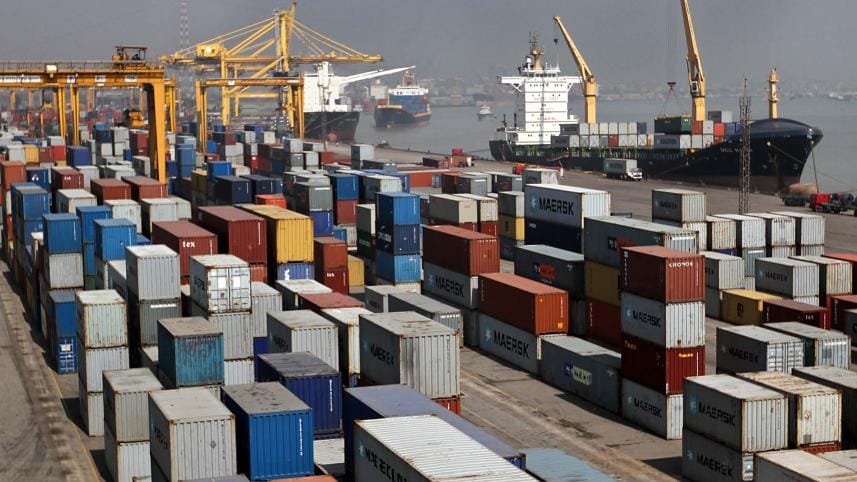Bangladesh cuts cash incentive for exporters further

The government has further cut export subsidies for almost all sectors to reduce pressure on the coffer and encourage exporters to prepare for competing in the global market without state support after the country graduates from least developed country (LDC) status in 2026.
Between February to June last fiscal year, the government provided cash assistance ranging from 1 percent to 15 percent on the export earnings to enhance competitive edges of exporters in the international markets.
Earlier, the highest rate was 20 percent
From this 2024-25 fiscal year beginning today, the maximum rate of export incentive has been set at 10 percent and the minimum at 0.3 percent, said the the Bangladesh Bank in a notice yesterday.
The cash assistance on the export earnings of apparel makers in all markets has been halved to 0.30 percent from 0.50 percent.
The cash subsidy for venturing into new markets has been reduced to 2 percent from 3 percent.
The reduced export incentive will be applicable to various other sectors, including jute and jute goods, leather and leather products, frozen fish and agro products.
Agro products, potatoes, and processed meat exporters will enjoy 10 percent incentive on export earnings, the highest among all sectors.
Until June 30, it was 15 percent.
Before February this calendar year, they used to get 20 percent incentives.
However, the government has offered 6 percent on crust leather export.
Currently, 43 sectors are eligible for the aid, with the government spending about Tk 9,025 crore annually in the past three years.
The change comes as the World Trade Organisation (WTO) considers cash incentives as export subsidies.
But when an LDC becomes a developing nation, it cannot continue the cash assistance as per the agreement on subsidies and countervailing measures of the global body.
Bangladesh is set to become a developing nation in 2026.
The country for the first time started to cut the export subsidy since February of this year and exporters expressed sheer disappointment about the reduction of the cash subsidy.



 For all latest news, follow The Daily Star's Google News channel.
For all latest news, follow The Daily Star's Google News channel.
Comments